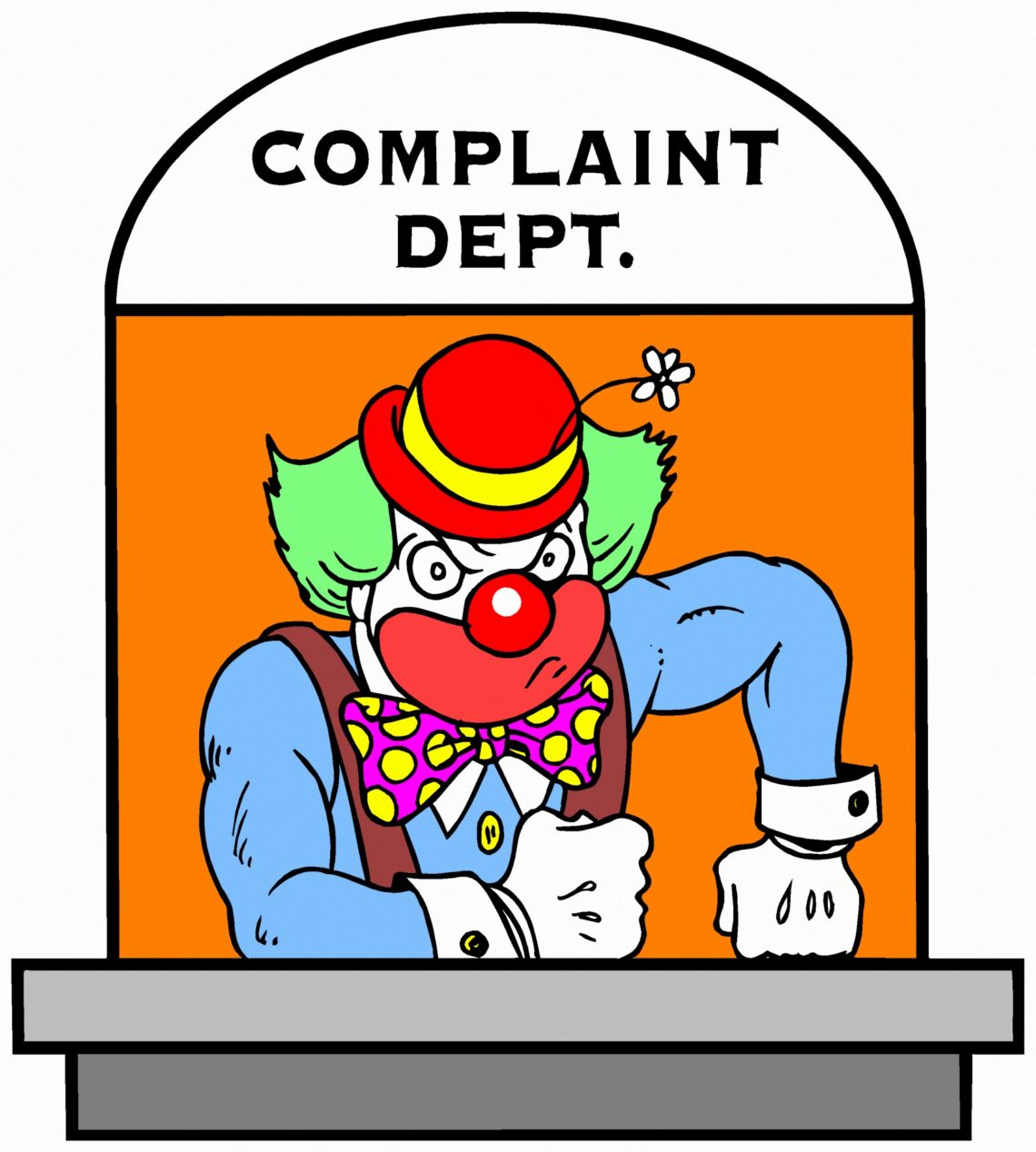What is Fraud? Fraud is broadly defined as an intentional misrepresentation or concealment of material fact made with intention and calculation to deceive, causing the other party to be deceived and, as a result, harmed. Elements In North Carolina, a civil claim of fraud has five essential elements. A false representation or concealment of material fact; Reasonably calculated to deceive; Made with the intent to deceive; Which does in fact deceive; and Resulting in damages to the party deceived. Rule 9 North Carolina is generally a notice pleading jurisdiction – if a Defendant is “on notice” of the facts in a complaint, and the…
-
-
A PRIMER ON CONSTRUCTION LIENS
What is a Construction Lien? The construction industry is largely governed by contracts. A property owner contracts with a general contractor to make improvements to the real property; the general contractor contracts with subcontractors to perform the various tasks required to make such improvements (e.g., grading, bricklaying, etc.); the general contractor and/or the subcontractors contract with suppliers to haul materials and equipment to and from the job site. A mechanics’ lien (or construction lien) provides any party involved in the improvement of the real property with a means of collecting payment. This means of collection exists in addition to other remedies, such as breach of contract. As a…
-
INTERPRETATION OF A WILL: WHAT DO PER CAPITA AND PER STIRPES MEAN?
The North Carolina Court of Appeals recently released an opinion in the matter Brawley v. Sherrill. The parties were disputing the interpretation of a will, which provided per capita distribution of estate assets to the testator’s children, but per stirpes distribution to her grandchildren. What do these terms mean, and how do they work together in the same estate plan? Per Capita and Per Stirpes Defined For estate plans, the term “surviving” identifies individuals who are alive at the time the testator (the individual leaving the Will) dies. A per capita distribution plan divides estate assets equally to surviving heirs at the level of descendancy stated in…
-
TENANCY AT WILL
Rent prices in Charlotte are increasing, and these increases often lead to an uptick in evictions, as more tenants are unable to make their monthly payments. In North Carolina, a landlord can evict a tenant through a process called summary ejectment. In a typical summary ejectment action, a landlord alleges a valid lease agreement with the tenant, and alleges the tenant has breached the terms of the lease agreement, most frequently by failing to pay rent. The court will review the lease agreement, determine if the tenant in fact breached its terms, and determine if the landlord followed the statutory and/or contractual requirements to notify the tenant of his breach. …



